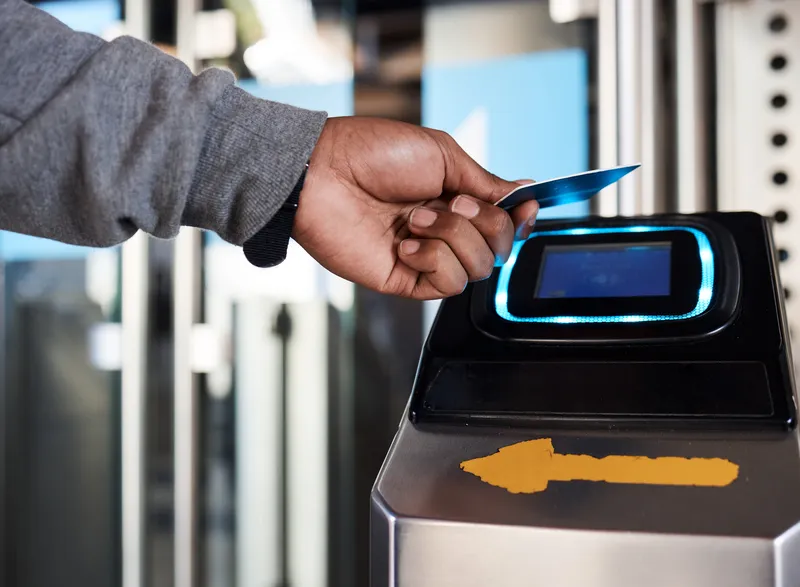Via Mobility Japan is providing a free ride-sharing service for employees living within a seven-mile zone of Itochu’s HQ in the capital, Tokyo.
General trading company Itochu is hoping the BlueVia service will reduce transportation costs and allow employees to dedicate journey time to work.
The Via subsidiary says the service comprises regular sedans that can carry four employees, and vans which can fit up to six people. Passengers can use the BlueVia app to request a ride to Itochu within the operating
September 30, 2019
Read time: 1 min
Via Mobility Japan is providing a free ride-sharing service for employees living within a seven-mile zone of
General trading company Itochu is hoping the BlueVia service will reduce transportation costs and allow employees to dedicate journey time to work.
The Via subsidiary says the service comprises regular sedans that can carry four employees, and vans which can fit up to six people. Passengers can use the BlueVia app to request a ride to Itochu within the operating zone.
BlueVia will operate on weekdays form 9am-7pm. The service is expected to operate until 31 July 2020.









